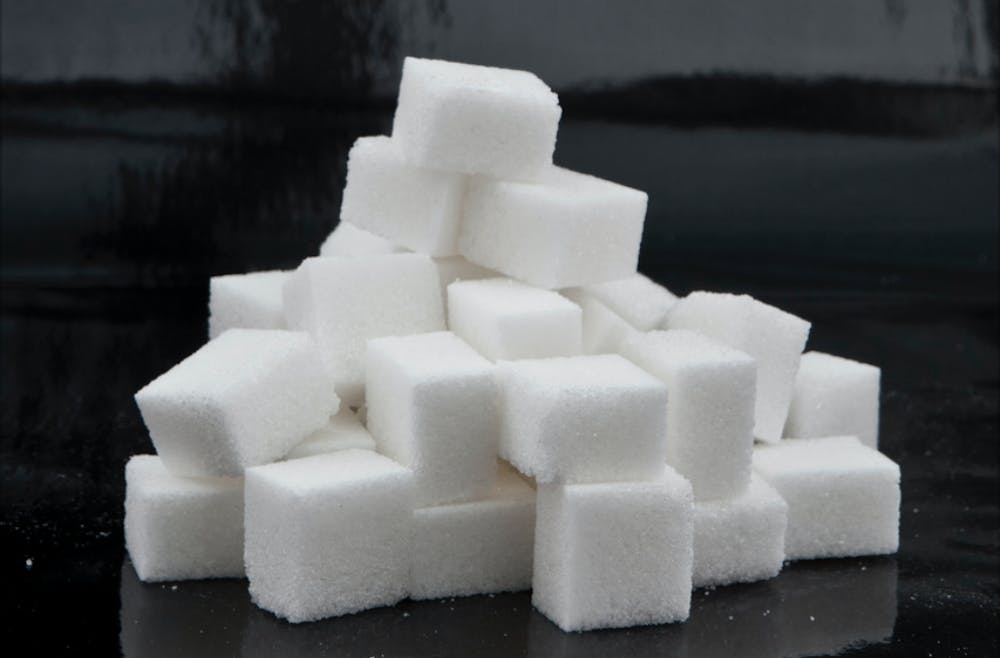Sugar comes in many different forms, including fructose, which is often found in fruit and fruit juices, and glucose, one of the simplest forms of sugar into which carbohydrates are broken down in the body.
Excessive sugar intake is known to cause serious chronic diseases such as heart disease, vascular disorders, diabetes, obesity and liver damage.
In the past, many people assumed that sugar overconsumption was physically damaging due to the large number of calories contained in sugars, and this assumption is correct in part.
However, a recent study published in the American Journal of Physiology — Heart and Circulatory Physiology suggests that calorie count is not the only potential factor of chronic disease related to excessive sugar intake.
Researchers in the study found that, in addition to the number of calories we consume, the type of sugar we consume also influences risk of heart disease and diabetes.
During the study, female rats were split into two variable groups and one control group. One variable group was fed with a liquid glucose solution in addition to the rats’ normal diet of solid food, while the other was given a fructose solution.
The control group drank plain water. The variable groups were fed a high-sugar diet for a period of eight weeks, which is approximately equivalent to a human consuming excessive sugar for six years, while the control group was not.
As expected, results from the experiment show that both sugar-fed groups had higher calorie intakes than the control group.
However, the rats given glucose consumed more calories than the rats given water, but surprisingly only the fructose-fed group experienced a significant increase in body weight.
The fructose group also showed indications of chronic vascular diseases and liver damage as compared to the glucose-fed group, including an increase in triglycerides, negative effects on blood pressure and decreases in the liver’s fat-burning abilities, which contributes to fatty liver disease.
In a separate research study involving 32 overweight or obese women and men with an average age of 50 years, results demonstrated more evidence of risk factors for heart disease and diabetes in subjects who received 25 percent of their daily caloric intakes from fructose-sweetened beverages for ten weeks versus those who got it from glucose-sweetened beverages.
Similar to the results obtained from the rat study, both groups of participants given large amounts of sugar experienced increases in body weight. However, measuring lipids in the blood revealed that fructose led to a greater increase in subjects’ average triglycerides over 24 hours than glucose did.
Compared to the glucose group, the group that consumed fructose had higher total cholesterol and LDL (low density lipids) cholesterol, often known as bad cholesterol. They also experienced greater insulin resistance, a direct cause of diabetes.
When researchers observed the locations of fat gain on each study subject, imaging instruments showed that the fructose group gained more belly fat while the glucose group gained more subcutaneous fat, fat beneath the skin. The link between serious long-term diseases such as heart attack and stroke is stronger for belly fat than for subcutaneous fat.
Both the rat and human studies mentioned above suggest that the type of sugar consumed, in addition to the number of calories consumed, plays a role in increasing health risks. This study does not intend to show that fructose is entirely unhealthy and that people should not eat any fruits or drink any juice.
However, the eye-opening results do demonstrate that individuals should control our consumption of sugar and eat sugar in moderation, especially when it comes to specific types of sugar such as fructose, in order to maintain a healthy lifestyle and avoid serious damage to our bodies.





